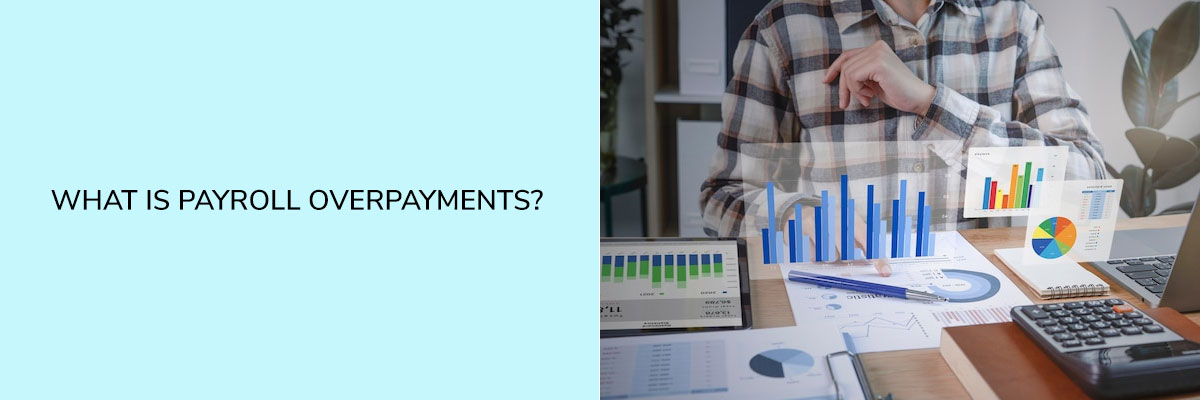A payroll overpayment is a payment made to an employee’s account that exceeds the amount of wages or salary paid to the employee. This can occur when an employer makes an error during payroll processing or when an employee receives more money than they are entitled to.



What Causes Payroll Overpayments?
There are a few reasons why an employer might make a payroll overpayment. One potential explanation is that the employer made an error during the payroll processing process. For example, if an employee’s earnings were incorrectly calculated, the overpayment could result.
Another possible reason for an overpayment is if an employee receives more money than they are entitled to. This could happen if the employer incorrectly pays out overtime, commission bonuses, or other forms of compensation in addition to their regular wages or salary. In some cases, employees may also receive extra payouts as part of their severance packages or as a result of wrongful firings.
How Do Payroll Overpayments Affect Employees?
Employees who receive a payroll overpayment typically have to deal with two main consequences. First, they may have to repay the overpayment to the employer. This can involve receiving a check in the mail or having it deposited directly into their bank account. Second, if the overpayment is significant enough, it may affect their hourly wages or salary amount.
What Should Employees Do If They Are Receiving a Payroll Overpayment?
If you are receiving a payroll overpayment and you believe that it was wrongfully calculated or you received more money than you are entitled to, there are a few things that you can do. First, you can contact your employer and ask for an explanation. Alternatively, you can file a complaint with the government authorities responsible for enforcing wage and hour laws (such as the Department of Labor or state labor departments). Finally, if you feel that you have been mistreated as a result of your overpayment, you can speak to a lawyer about filing a lawsuit.
How Can You Prevent Payroll Overpayments?
There is not really a way to prevent payroll overpayments from happening, but there are a few things that you can do to minimize the chances of them happening. First, make sure that your paychecks are accurate and complete. Second, use caution when calculating severance packages or wrongful firing payouts. Finally, be sure to inform your employees about their rights if they receive a payroll overpayment.
Final Words
A payroll overpayment can be devastating for both employees and employers. It is important to understand what causes these payments and how to prevent them from happening in the first place. If you do experience a payroll overpayment, contact your employer as soon as possible for assistance. Attend the Compliance Prime webinar to learn more about payroll overpayments.


